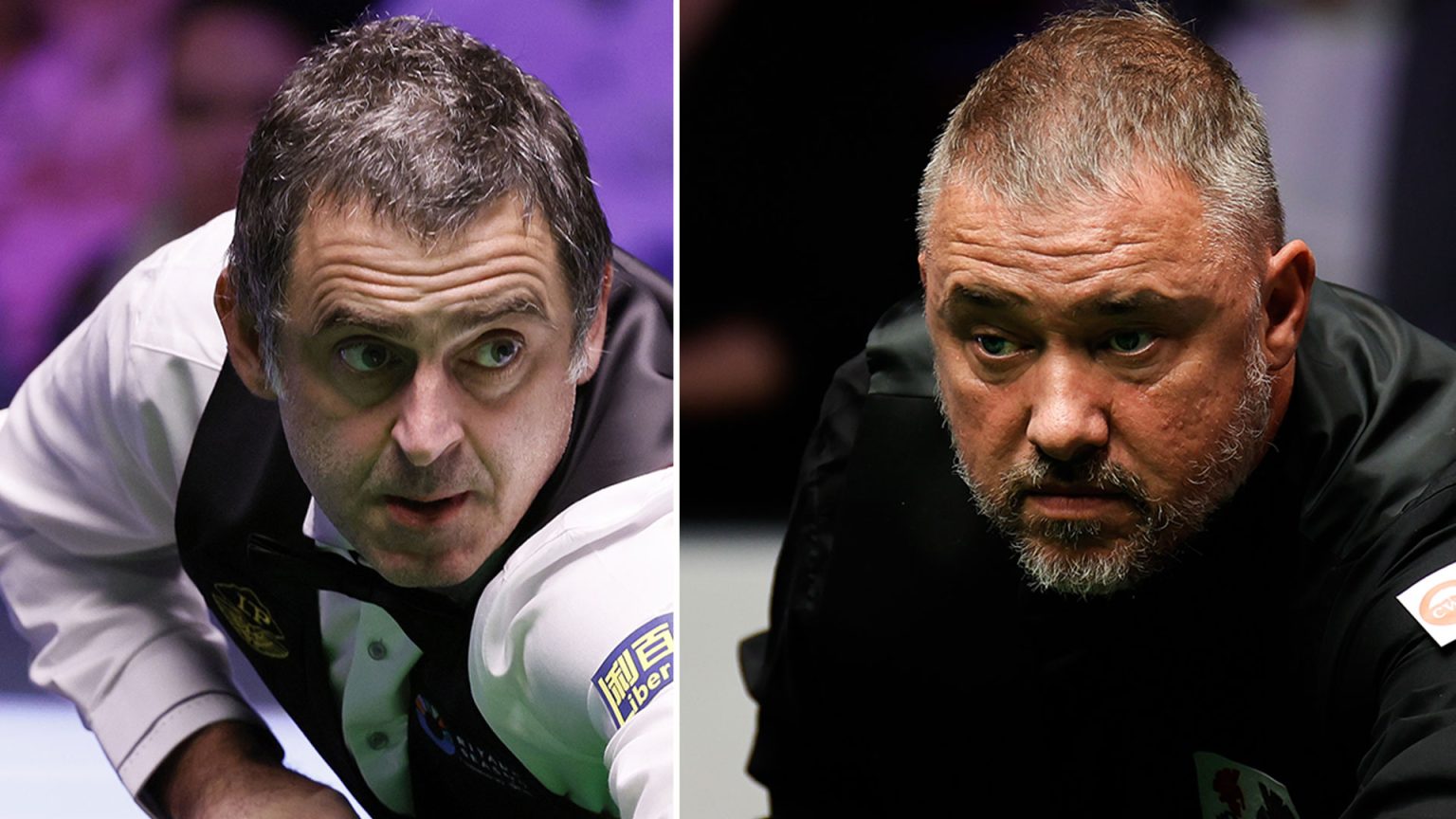Stephen Hendry, a prominent figure in the world of snooker, has offered a surprising prediction regarding the retirement of his fellow legend, Ronnie O’Sullivan. O’Sullivan, a seven-time world champion, forms part of the illustrious “Class of 92” alongside John Higgins and Mark Williams, a trio who revolutionized the sport in the 1992/93 season. Hendry speculates that, despite their continued high-level performance, O’Sullivan will be the first of the three to retire, not due to declining skills, but rather his substantial earnings and potentially waning competitive drive. This conjecture, voiced during Hendry’s own “Cue Tips” show, suggests that O’Sullivan’s financial security might outweigh his desire to compete, a notable shift for a player renowned for his dynamic and often unpredictable style.
Hendry’s prediction comes against the backdrop of O’Sullivan’s recent withdrawal from the Scottish Open, opting instead to participate in the Riyadh Season Snooker Championship in Saudi Arabia, where he advanced to the semi-finals. This decision highlights the evolving landscape of professional snooker, where lucrative opportunities in emerging markets are increasingly attracting top players. While O’Sullivan’s commitment to the sport remains evident through his participation in prestigious tournaments like the upcoming Masters, where he faces a challenging first-round match against Higgins, his selective approach to competition fuels speculation about his long-term plans.
O’Sullivan himself has acknowledged the demands of a global snooker calendar, pointing to a packed travel schedule in early 2025, including stints in Saudi Arabia, Macau, and China. He contrasts this with his preparations leading up to the previous Masters, where successful runs in the Shanghai Masters and the UK Championship provided valuable match practice. The lack of comparable competitive play in the lead-up to the 2025 Masters leads O’Sullivan to adopt a long-term perspective, suggesting that significant achievements might not materialize immediately but require a sustained effort over time.
O’Sullivan’s reflections on his future emphasize a balanced approach to his career and personal well-being. He avoids setting rigid New Year’s resolutions, prioritizing health and happiness over specific competitive goals. His focus on physical fitness, which includes a return to running after a year’s hiatus due to knee issues, underscores the importance of maintaining a healthy lifestyle for both mental and physical well-being. This emphasis on overall well-being, coupled with his selective tournament participation, further strengthens Hendry’s speculation about a potential shift in O’Sullivan’s priorities, moving away from the relentless pursuit of titles towards a more balanced approach that prioritizes personal well-being and enjoyment of the game.
In essence, Hendry’s prediction introduces a narrative of potential transition for O’Sullivan. While the “Rocket” continues to compete at a high level, his choices and reflections suggest a possible reevaluation of his career trajectory. The allure of substantial financial rewards from exhibition events and tournaments in emerging markets, combined with a renewed focus on personal health and well-being, hints at a potential shift away from the intense pressure of constant competition. This does not necessarily equate to immediate retirement, but rather a recalibration of priorities, where playing for enjoyment and personal fulfillment might gradually supersede the relentless pursuit of titles.
The future of O’Sullivan’s snooker career remains open, but Hendry’s observation introduces an intriguing possibility: that one of snooker’s most captivating figures may be entering a new phase, one defined not by the pursuit of records but by a balanced approach to competition, health, and personal satisfaction. This potential shift underscores the evolving nature of professional sport, where even the most driven competitors eventually grapple with the question of when and how to gracefully transition towards a new chapter beyond their peak competitive years.











